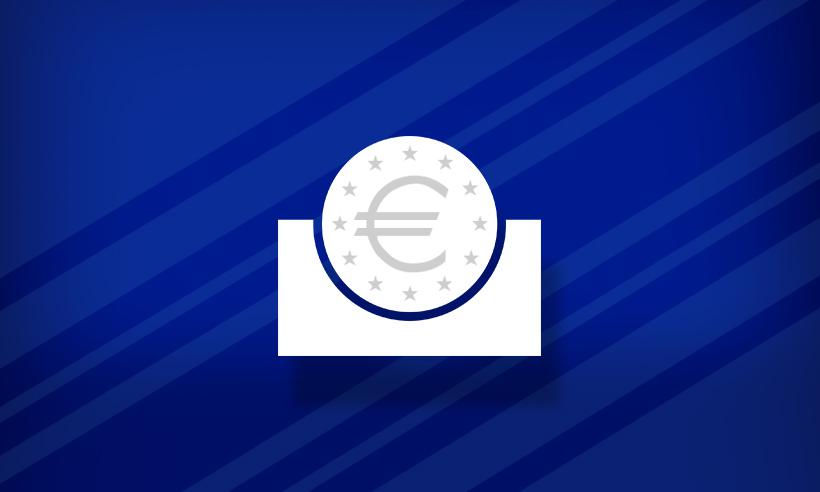European Central Bank Picks Amazon for Digital Euro e-Payments System
Table of contents
The organizations include Amazon, CaixaBank, Nexi, Worldline, and the European Payments Initiative (EPI) to create a mobile application by CaixaBank that simulates the transfer of digital euros to a user's bank account. Peer-to-Peer (P2P) transfers to other people will begin this month and continue through the end of the year. Other firms are developing user interface prototypes for point-of-sale transactions, e-commerce, and offline P2P payments.
Because of its American origin, Amazon is an unexpected inclusion. Reducing dependency on multinational payment companies like Visa and Mastercard is one of CBDC's primary goals. The omission of these companies from the digital euro markets advisory group that got announced a year ago was significant.
Euro e-Payments System
In the meantime, CaixaBank claims to hold a 32.1% market share in Spain's retail payment turnover. It has also taken part in Iberpay's trials for accepting payments in digital currencies. Despite widespread speculation, no official decision has been made regarding a digital euro.
Amazon And Cryptocurrency
Amazon itself hasn't entered the cryptocurrency market directly. However, the tech company offers the sector extensive infrastructure services. According to Messari's research, Amazon hosts more than 50% of Ethereum nodes while only hosting about 3% of Solana nodes on its cloud platform.
Several complaints have surfaced about how dishonest players had attempted to defraud customers of their cryptocurrency holdings using a phony Amazon token. CEO Andy Jassy stated earlier this year that the business would not be adding cryptocurrency payment options. He did point out that the company might eventually start selling NFTs.

